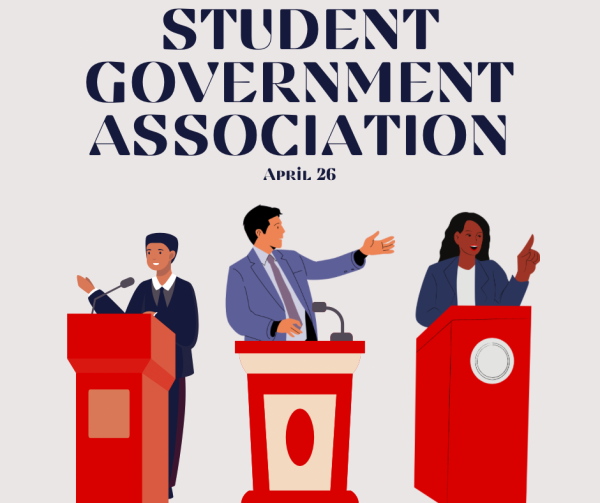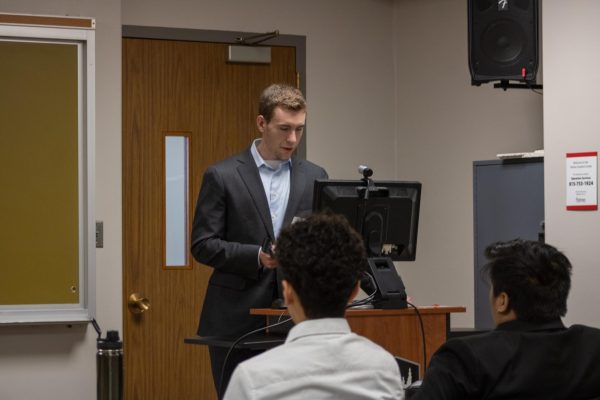Cabin fever plagues students’ moods
February 11, 2005
As days grow shorter and the sun only peeks out between snowy days, some NIU students may be feeling a little depressed.
This depression known as “cabin fever” is a result of being restricted indoors and not receiving adequate light.
David Storey, a senior accountancy major, said he feels the effects of cabin fever.
“Just like everyone else, I am much happier with a warm breeze and the sun shining on my face,” Storey said.
Anna Beth Payne, associate director of Counseling and Student Development Center, said cabin fever is not a diagnosable disease.
“Mostly what people refer to as ‘cabin fever’ is a sense of having been restricted from doing what one wants, often because of weather, but sometimes because of illness or other circumstances,” Payne said.
Cabin fever can be characterized by feelings of tension, frustration, anxiety and depression, Payne said. Restless behavior is another symptom.
Ashley Johnigan, a senior finance major, said cloudiness affects her moods.
“When the weather is really bad it has a huge effect on my mood,” Johnigan said. “I sometimes feel like I have to stay inside because of the bad weather.”
Payne said sages from many cultures observe that one of the marks of a wise person is the ability to focus on the moment, appreciating it as much as possible for what it is rather than what it is not.
“Whenever we wish we were somewhere else, someplace else or someone else, we nurture feelings of dissatisfaction, anxiety and/or depression,” Payne said.
Although there is research about the effects of confinement, cabin fever has not been scientifically proven.
“From a human perspective, I would venture to say this is one of those universal experiences, any of us can experience these feelings, and we probably will,” Payne said. “However, there is research about the effects of confinement, for example on prisoners, which might be somewhat relevant. Clinical psychologists often observe that the perception of being controlled by something else evokes strong feelings–why should the weather be an exception?”
Payne said she recommends students avoid cabin fever by getting out as much as possible and appreciating the present.













